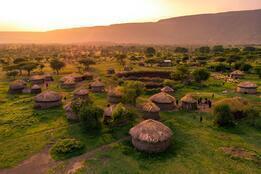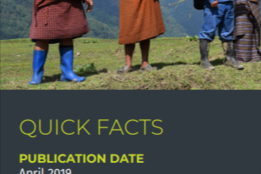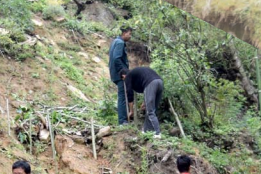Bhutan, a landlocked country bordered by China and India, is a mountainous country featuring summits ranging from 160 meters (m) to over 7,000 m above sea level. It has abundant water resources, a healthy primeval forest, and snowcapped peaks, with abundant glaciers and alpine pastures. The country’s vulnerability to the impacts of climate change stems from its fragile mountainous environment and dependence on agriculture and hydropower generation for economic development. Given the country’s limited economic diversification, hydropower disruptions from climate change events and long-term trends can lead to outsized economic impacts. Bhutan is vulnerable to hazards, such as flash floods (including glacial lake outburst floods [GLOFs]), forest fires, storms, and landslides.
We welcome your feedback
Your input matters. Help us improve the CIF website by completing a brief survey. It will only take two minutes and will support our ongoing efforts to serve you better.





